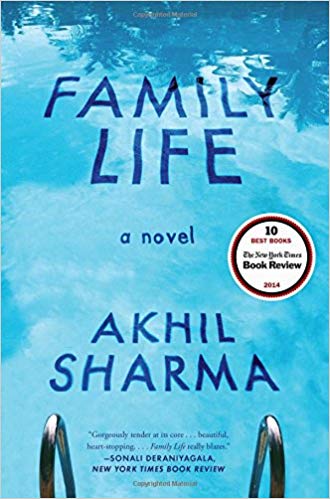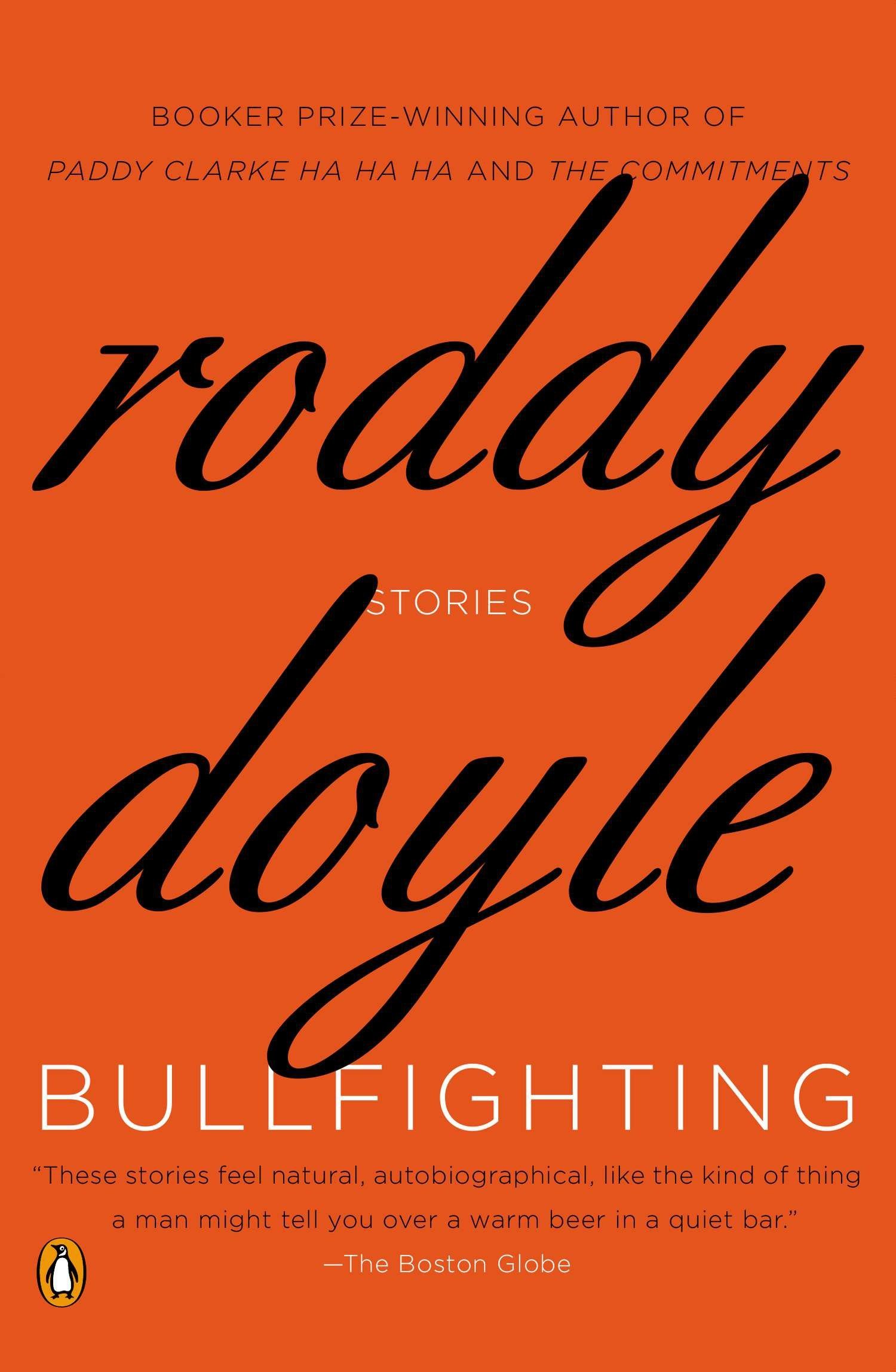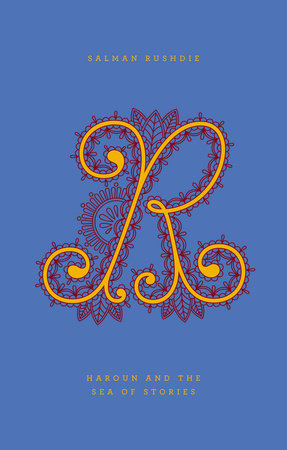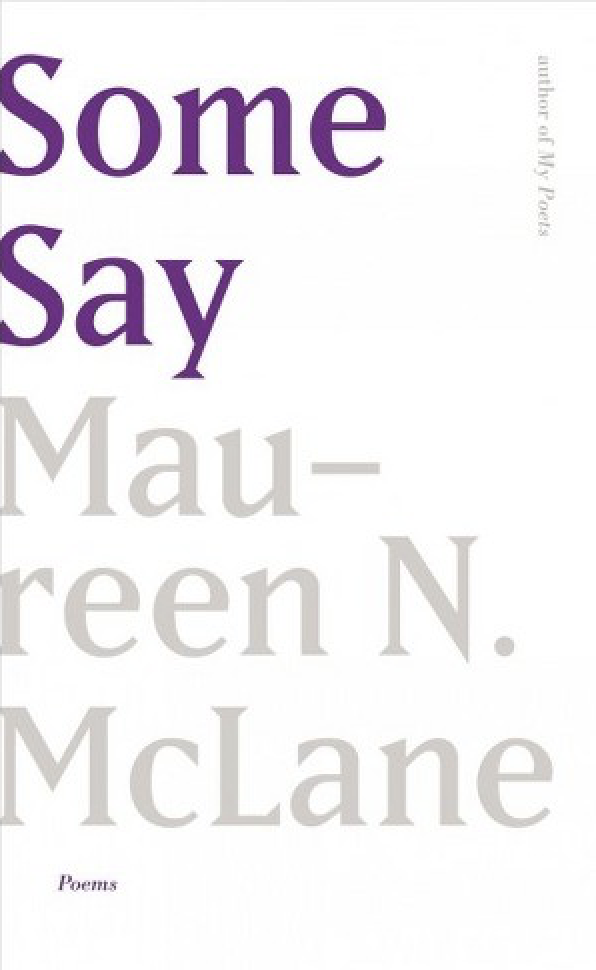With the season of giving (last-minute and otherwise) approaching, our staff rounded up some favorite books that may make a thoughtful gift for someone on your list.

The book I'd gift this holiday season was gifted to me by the queen herself, Ms. Lorrie Moore, who gave me Akhil Sharma's devastating short novel Family Life after his reading at Vanderbilt University. (If you have the chance to hear Sharma in person, jump it. He peppers his readings with reflections on the technical choices he's made, and their ramifications, on a sentence-to-sentence, paragraph-to-paragraph level that's unique in my experience.) The novel tells of a tragic accident that befalls Birju, our narrator, Ajay's, brother. The family has just emigrated from Delhi. All their hopes and dreams rest with this boy, and after this misfortune, he becomes, in his crippled, zombified state, a singularity in the household. The gravitational force he exerts on Ajay and his parents is like a dark star's, so that when Ajay briefly tastes joy at the novel's conclusion, the lift the reader feels—the epiphanic force of this tractor beam briefly releasing him—is enormous.
—Adam Ross, Editor

I’m gifting Mona Van Duyn’s Selected Poems to my grandfather this year (Don’t tell!). He has a lot of Wordsworth memorized but has not, I suspect, read Van Duyn. This slim volume shines a light on the experience of family—painful at times, sure, but for Van Duyn sweetness wins the day. Her observations about nature and people are piercingly honest and shot full of gratitude: “Dazzled I walk the world my mother gave me,” says the speaker of “Birthstones.” The epistolary poem “Letters from a Father,” one I reread regularly, depicts a cantankerous patriarch writing to his daughter about his poor health. Her gift of a bird feeder leads to his gradual rediscovery of the beauty surrounding him. “So the world woos its children back for an evening kiss,” ends the poem. It’s something I remember as we come together during the holidays—the way we make light the darkest time of year and allow the world to (briefly) win us all back.
—Annie Adams, Assistant Editor

Give someone who loves to read (and laugh) Roddy Doyle's story collection Bullfighting. That way they'll get to meet Donal, a middle-aged Irish guy who, in the title story, catches a falling clump of shit in his hand while changing his son’s diaper and finds himself . . . elated. “He couldn’t wait to tell everyone. He knew he had his story.” Set first in Dublin, with Donal either at work or at the pub with friends he’s known for thirty years, and then in Spain, where he goes on holiday with his buds, “Bullfighting” transforms the undignified, bedeviling things people go through as they get older into mysterious blessings. Donal never quite learns what he’s doing with his life (does anybody?), but rather than torturing himself manages to achieve a sense of grounded, humble satisfaction. Think of how frequently stories depict family relationships and time’s passing as toxic, unfixable things—literary fiction’s standby boogiemen. With this book, Doyle tells a different set of tales, ones you might need to hear when some blood relation is driving you up the wall in the coming weeks.
—Alec Hill, Managing Editor

Haroun and the Sea Stories is the kind of fable that I imagine a mischievous, wise grandmother or a world-travelling, joyful great Uncle might spin. To me it has the charm of The Princess Bride—love and friendship and family—and something of adventure and willing belief—which is Scheherezadian invention and some parts The Polar Express. The heart of the story is Haroun’s journey to save his father’s storytelling powers and to answer the harrowing question: “What’s the use of stories that aren’t even true?” His fanciful voyage leads him to great fathoms in the Sea of Stories, and to tender truths about happiness and freedom. My copy—a beautiful Penguin Drop Cap edition—was gifted to me by a remarkable professor before I graduated and traveled home to Dar-Es-Salaam. In the days before my departure, I longed anxiously for home, but as I read I felt assuaged and that I was growing increasingly close. (Haroun was written for children—a well-paced, exciting chapter book for young readers to read on their own or, for even younger readers, to enjoy audibly. But honestly, any great lover of stories is sure to be captivated by this long fable from Salman Rushdie.)
—Hellen Wainaina, Editorial Assistant

This year I'm recommending Some Say, a collection by Maureen N. McLane from 2017, but especially for its poem "Crux/Fern Park" (among many other worthies). I can't say it's a holiday poem, but it has snow in it, and begins like this: “In the otherwise untroubled snow / I saw where I’d turned around . . . .” It's a quiet piece, rendering the silent action of a mind at thought, set against a snowy landscape. I love that first line, the idea that the snow was “otherwise untroubled” before the speaker made their tracks. This poem reminds us that our own impressions "trouble" the observed world, and that the mark we make often leads us to more measured observations: "the mind forked itself / and doubled back." This is a simple notion—the best ones often are—and reminds me why I take the time to read. The book is full of these kinds of discoveries.
—Spencer Hupp, Assistant Editor
Of course, we most highly recommend giving a gift subscription to the Sewanee Review, the gift that keeps on giving (four times a year!). Buy a subscription here.
